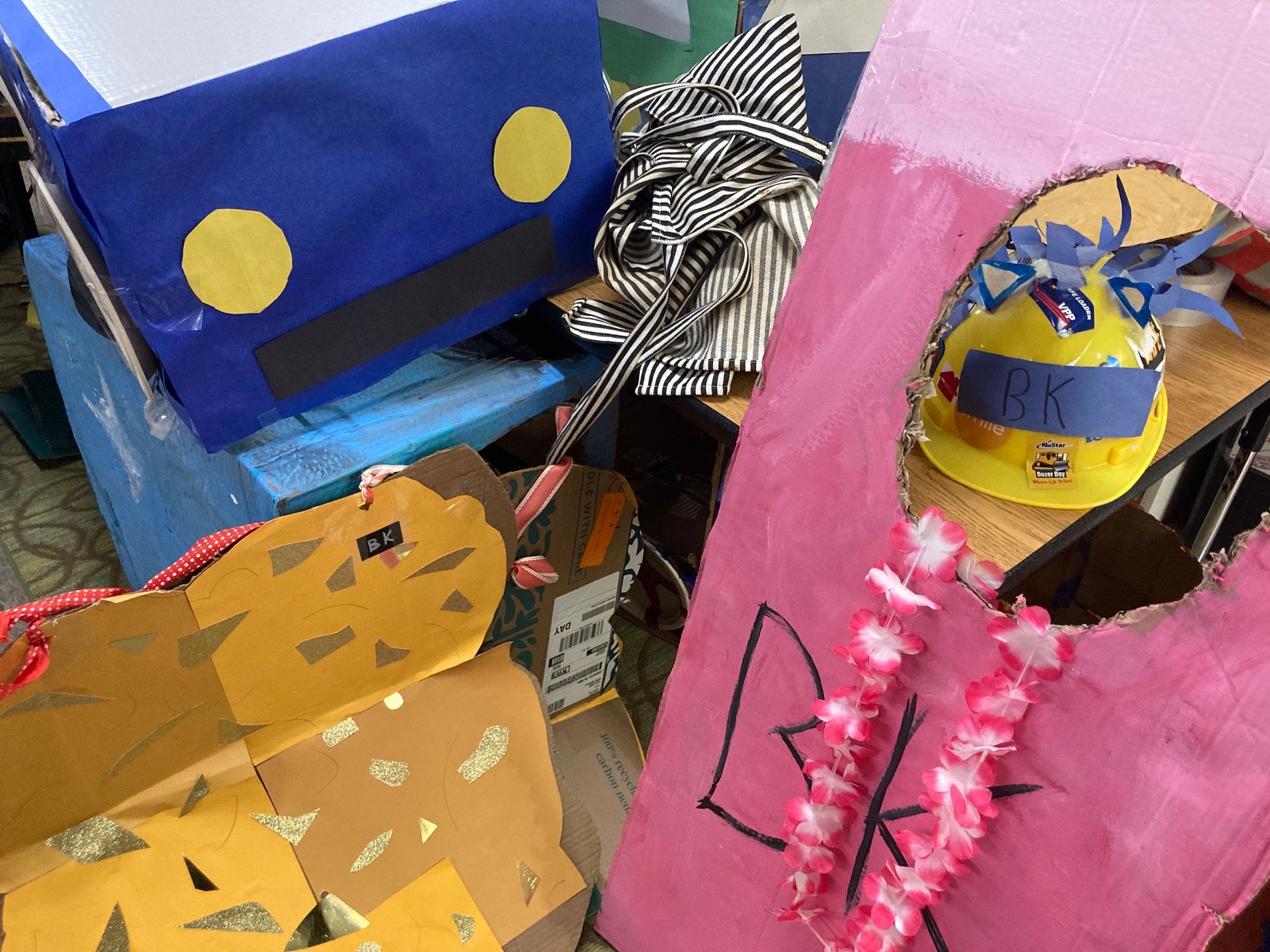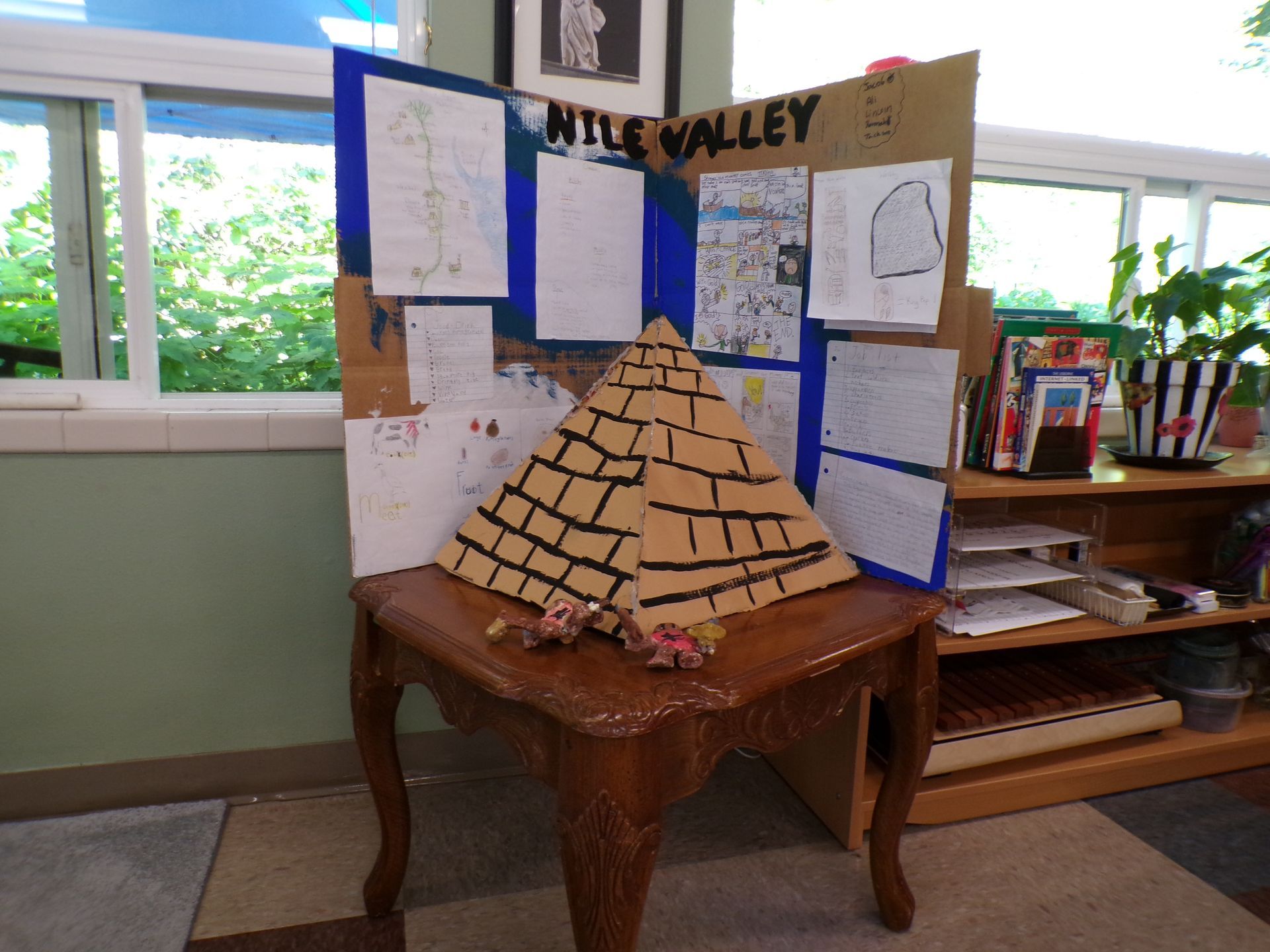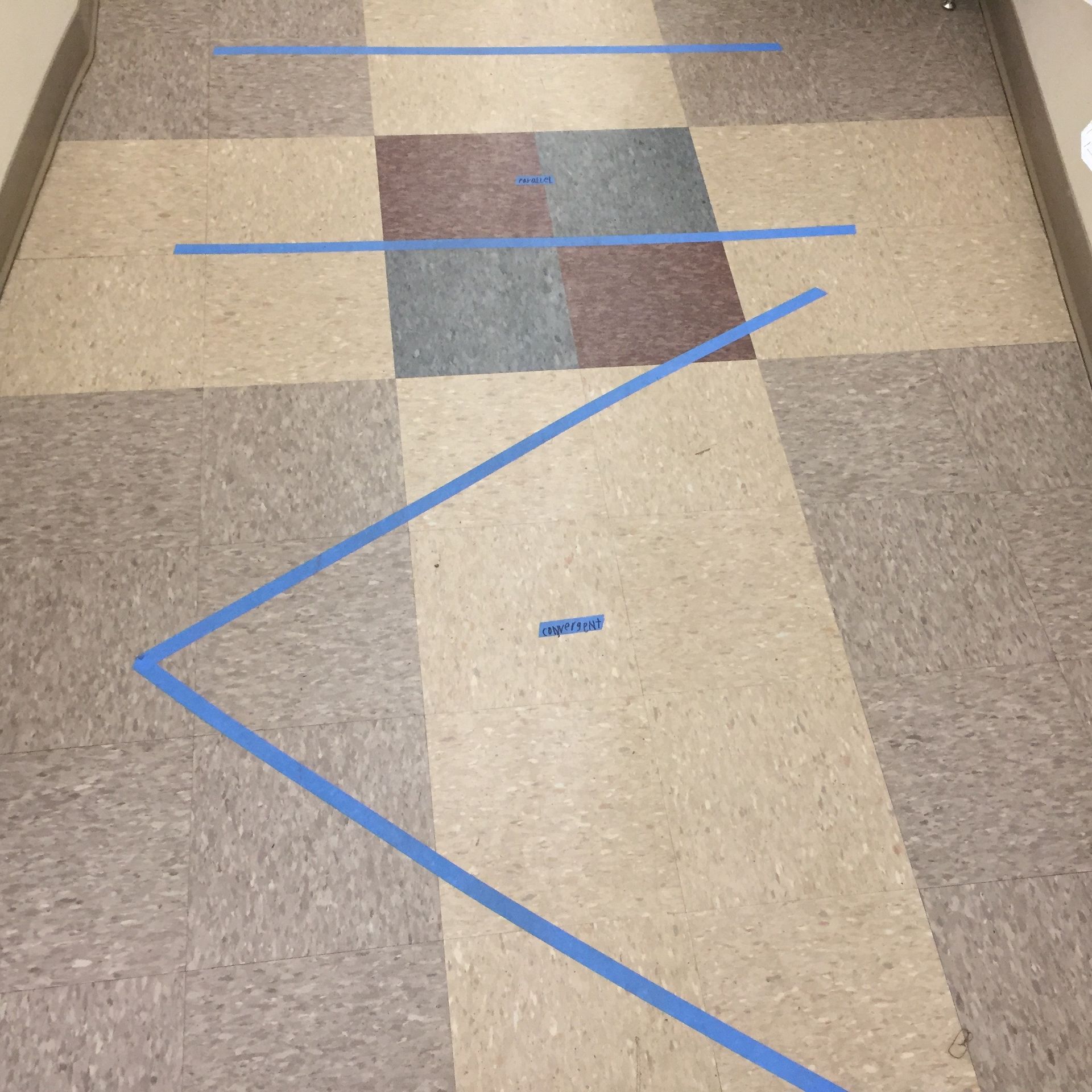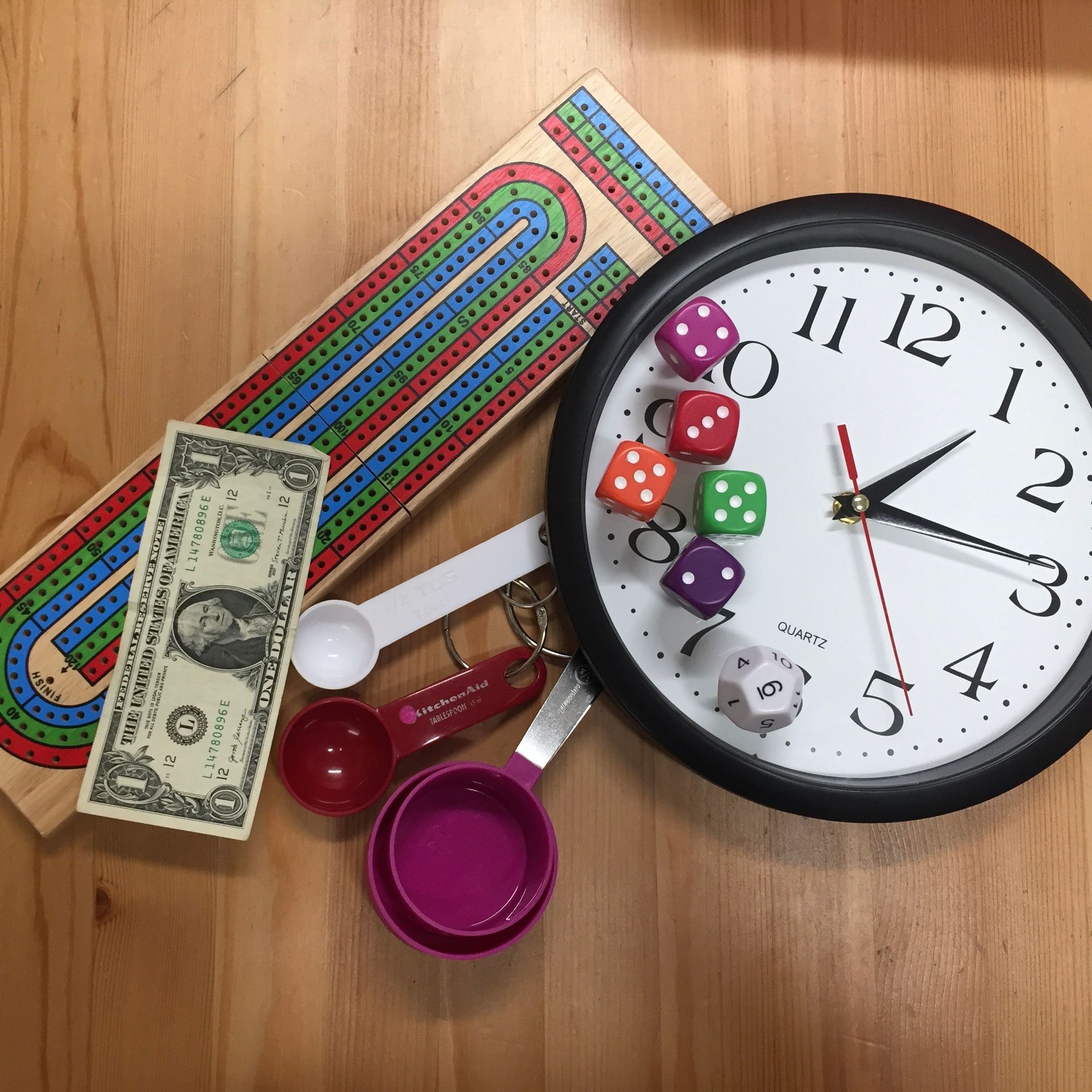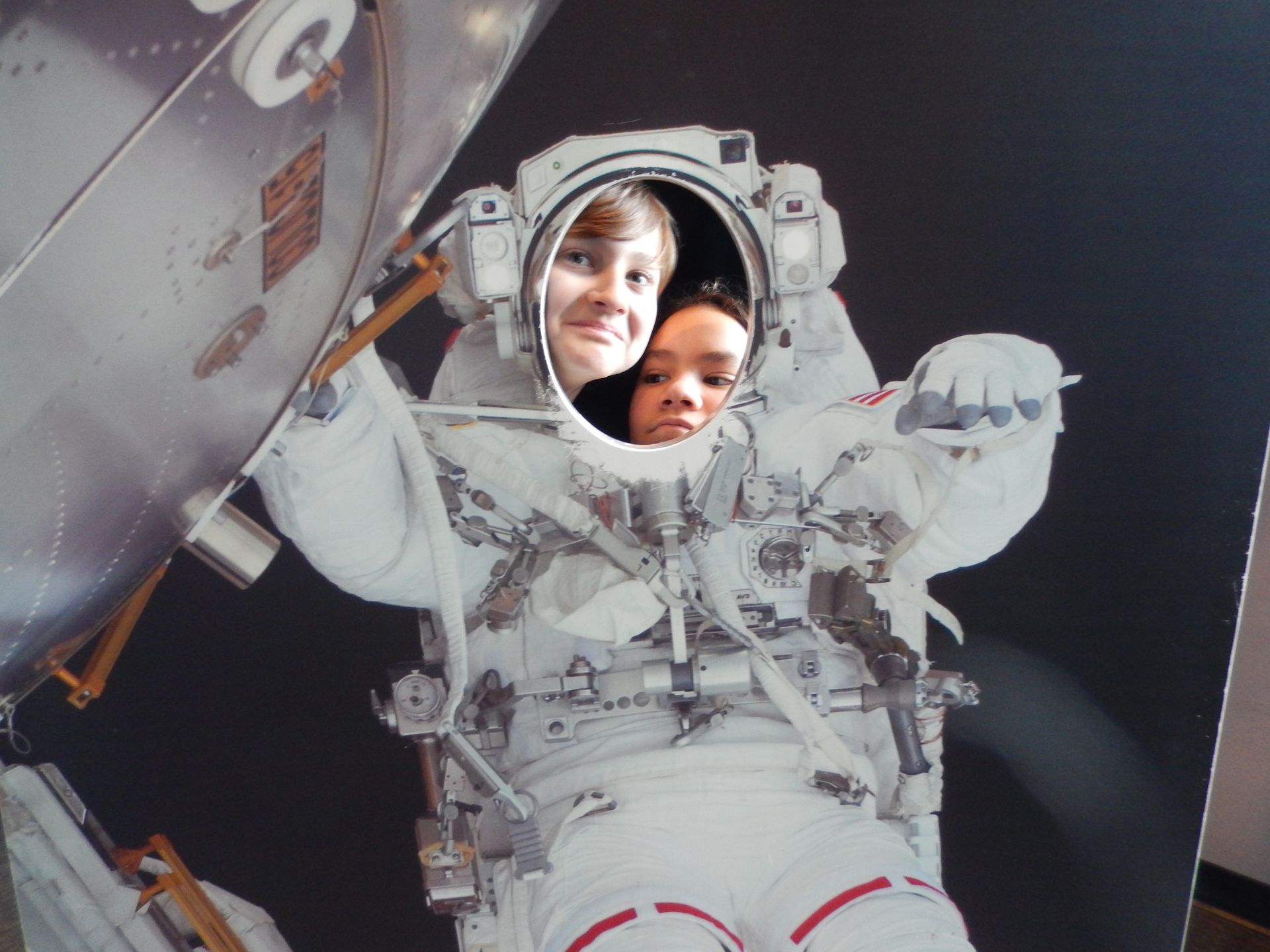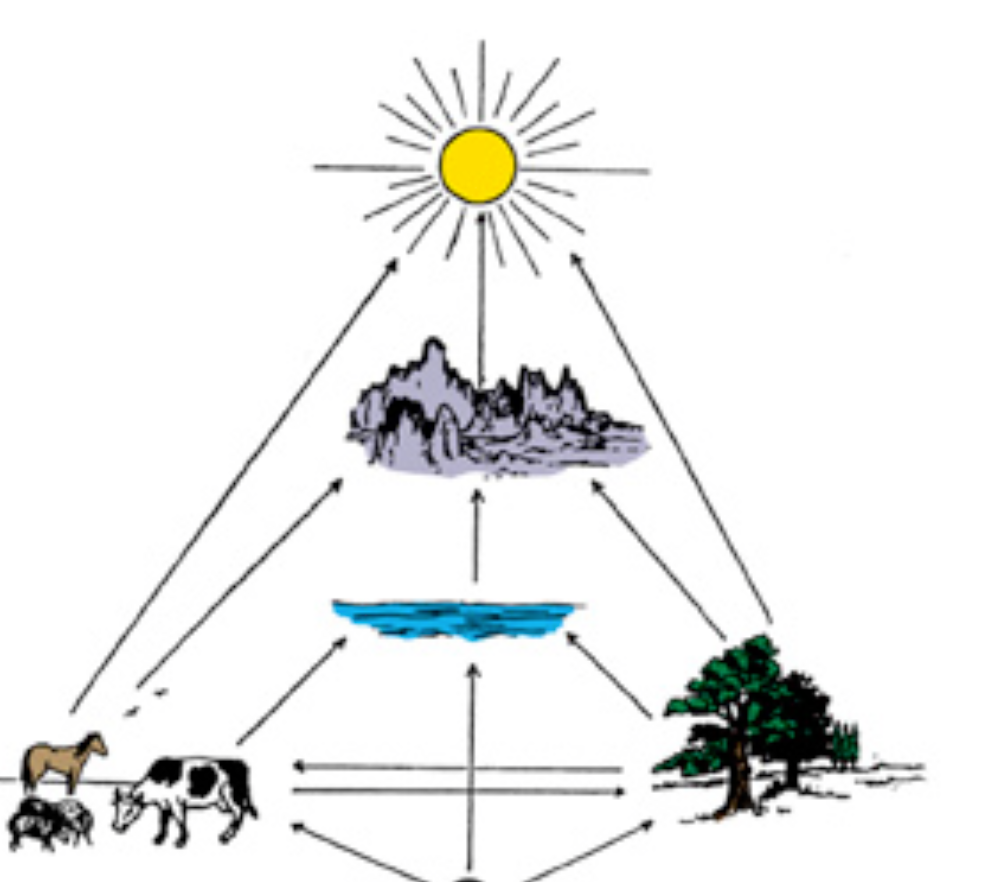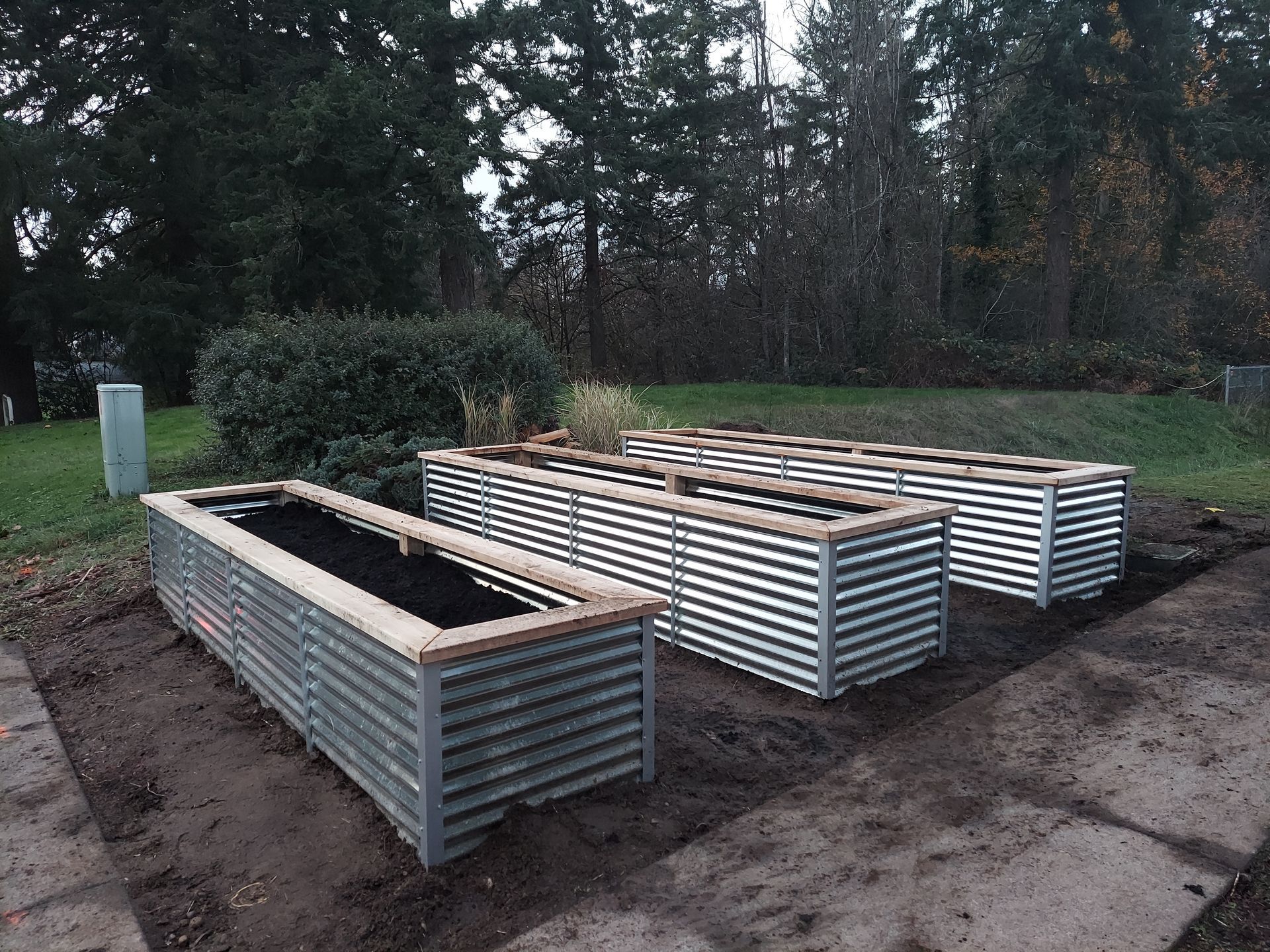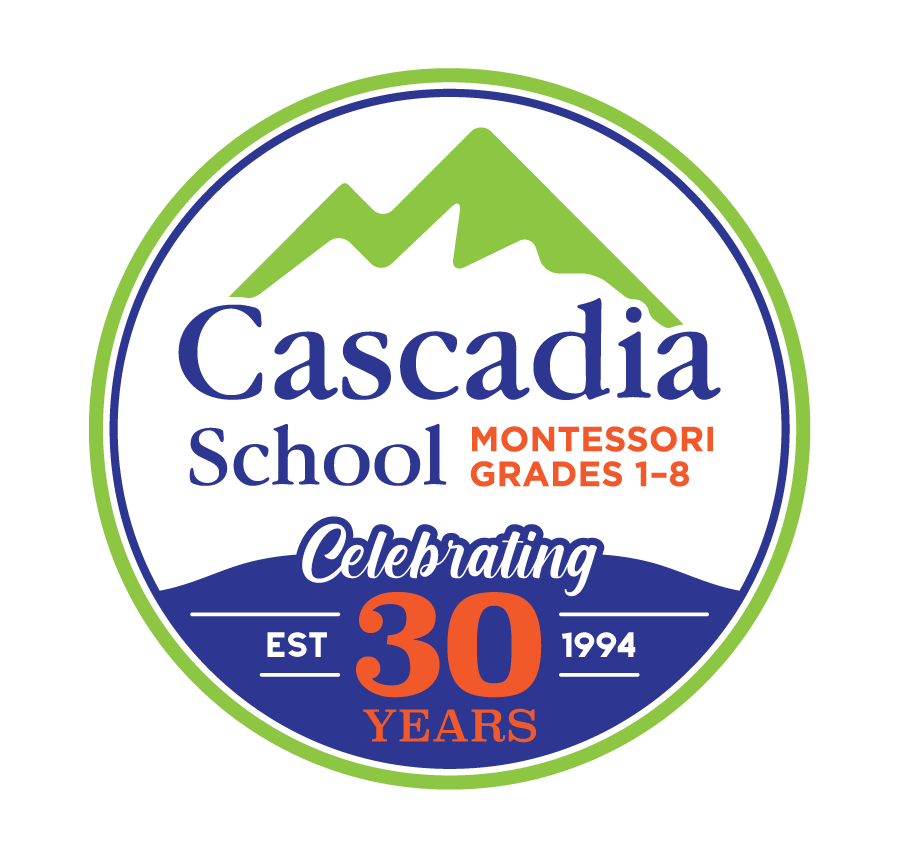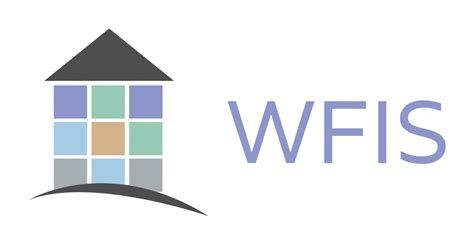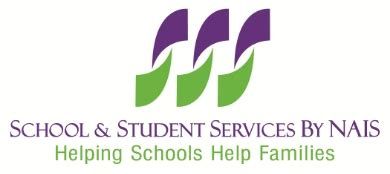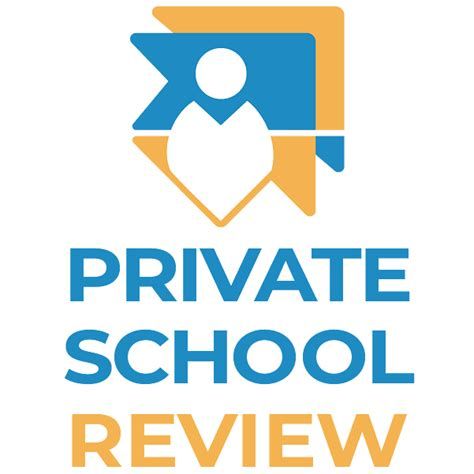Why Stay for Upper Elementary?
Children at 6 years old are just beginning the pathway of intellectual development that leads them to intellectual independence. They may begin asking more “why” questions, explore concepts abstractly, but their exploration can be chaotic and disorganized. They generally tend to explore all kinds of topics willy nilly, often to the dismay of their parents and teachers! Will they ever consolidate and organize their thoughts? (Or their workspace…or their room?) Will they ever finish anything?
That’s where Upper Elementary comes in. Children enter the Upper Elementary classroom at around 9 years of age, or at grade 4. This is a time for consolidating and crystalizing all the information they gathered in their first three years of elementary. They refine their skills in all academic areas - and social, emotional, and physical areas, too. Important to mention from an academic perspective is that children around the age of 9 or 10 usually start to work less often with some of the familiar and beloved materials. This is nothing to worry about. In fact, it’s completely normal, and it tells us that they are moving towards abstract thinking - refining their powers of intellect.
A simple example of this is a child who often took out the bead chains in Lower Elementary, counting, labelling (and let’s be honest - sometimes just spending quite a bit of time taking down the chain that’s 729 or 1,000 beads long, spreading it all out through the classroom, only to discover that it’s about time for lunch…). That same child might well become a kid who is very sure of their times tables in Upper Elementary - through the simple fact that they were able to manipulate these materials so much.
The beauty of giving children the opportunity to be in a Montessori classroom for Upper Elementary is that these materials are still around to jog their memory and remind them of all the experiences they have had with them, helping them on their path towards abstract thinking. There are also quite a number of advanced materials that are usually used solely in Upper Elementary, such as materials for work with cubing, square root, and cube root. (Please shoot me an email if you actually know what cube root is. Your 6th year might, ask them!)
We like to think of this time of refinement in Upper Elementary as baking a cake in the oven. You wouldn’t go through the whole process of mixing up your ingredients only to throw the batter away, right?
And what’s the icing on the cake? Check back on our blog for the next two articles about the 6th Year and Montessori middle school!

PROGRAMS
Cascadia School is a 501(c)(3) Nonprofit Organization
Privacy Policy | Accessibility
Cascadia School
Cascadia School

